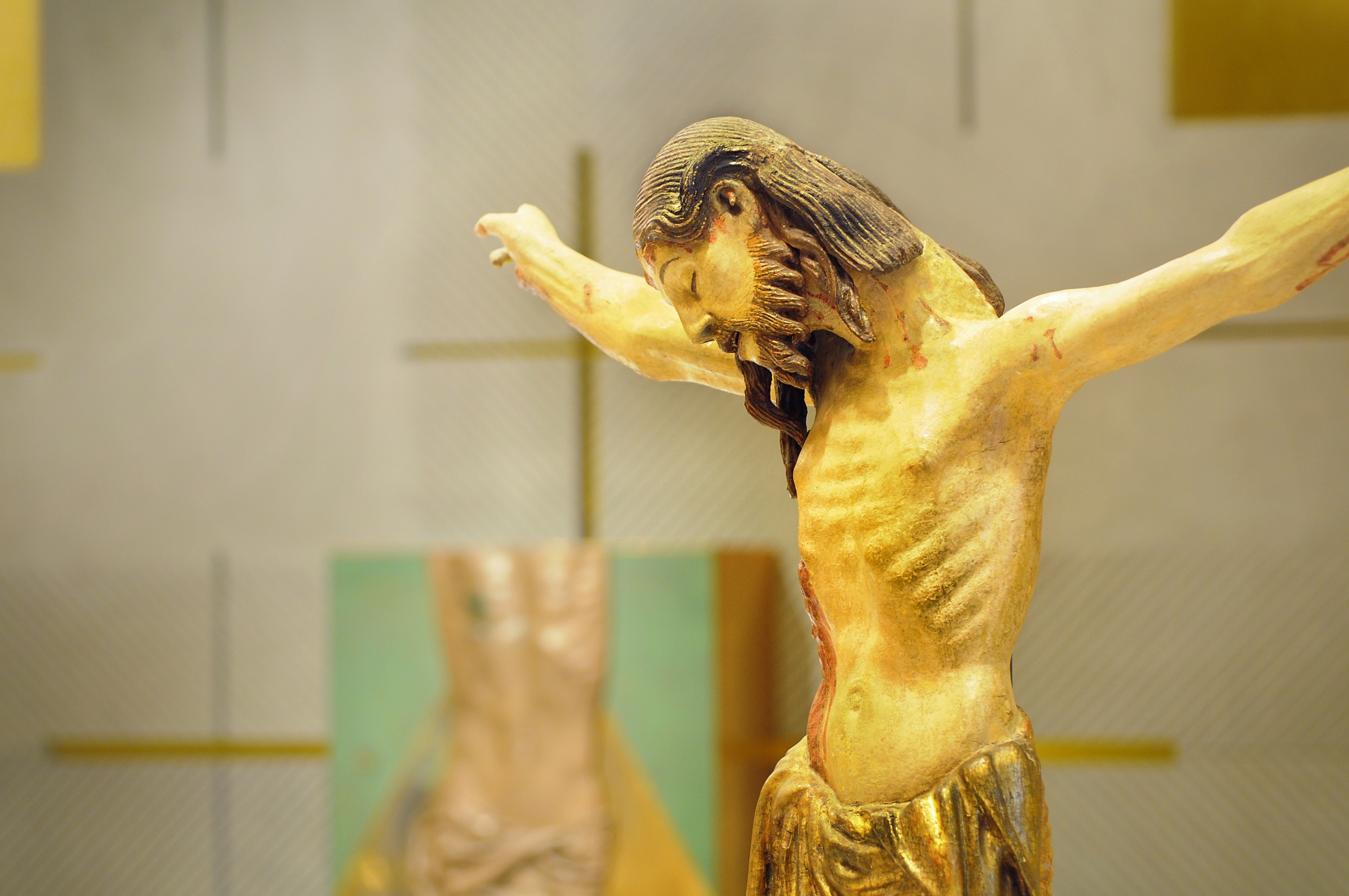The first fundamental experience for every baptized person is that of discovering himself loved by God and thought by the Father since the beginning. The whole universe was created thanks to an act of tha Lord’s free love. He imagined the world and history, nature and the whole firmament as a wonderful mosaic in which each creature occupies a unique and irreplaceable place, thus becoming as a tile of this work of art desired and created by God.
Am I in my place?
In the creation

every man and woman who is born into life is unique and irreplaceable and has been desired and shaped with an act of absolute gratuitousness and unconditional love by the Lord. The founding experience of every Christian journey, which illuminates the existence of each person with beauty, is therefore to recognize oneself as important for the Creator, who called us to life to play a role and a task that no one else can carry out in our place. This fills the heart with joy and gratitude.

Is 43,1
"I called you by name: you belong to me"
says the Lord through the prophet. This awareness matures in the care of a personal relationship with God, and generates amazement and wonder. We can say that the first diakonia is that of the Creator, the Triune God who, as happens within the Trinitarian relationships, in creating withdraws and makes room so that creatures, and in particular the human being, can exist. Diakonia is the practice of God’s humility. Starting from this action of absolute gratuitousness, the man of faith discovers that he belongs to a God who is only and infinitely love.
From this experience
Is 43,4
of knowing that we have been loved since our creation, the observation arises that we are not in the world by chance. So the Lord turns to each of us: “you are precious in my eyes, because you are worthy of esteem and I love you”. Therefore each person is special, we are known and loved personally, our existence has a sense illuminated by the experience of the Eternal who lives in us and of which we are part.


Ap 22 13
This plan of love has its fulfillment in Christ. He, true God and true man, fully manifests the Creator’s predilection for his creatures, and shows the goal of the path of maturation that the whole of humanity, together with all creation, is called to follow.
It is Jesus who is “the Alpha and the Omèga, the First and the Last, the Beginning and the End”.
Like a mosaic
Don Ottorino wanted to represent all this with a very effective and suggestive image: a golden mosaic cross on a silver background, in which each tile represents a creature.
One of these pieces, however, is represented “’out of place”’, showing a disharmony, a lack in the cross.
Why is there this detail?
The image wants to indicate the common experience for which it often happens that people, especially the weakest, the poor and the marginalized, experience a sense of abandonment and loneliness such as to believe that they are in the world by chance, that they are forgotten even by God.
Looking at the mosaic, one can think that tile stands for a person who perceives himself as out of place, inadequate, useless, even inappropriate. And yet, to keep the metaphor, we well know that a mosaic, however beautiful or large it is, if it is devoid of even a small piece, is incomplete and even ugly.

Out of metaphor, we understand that everyone is necessary for the wonderful project of God’s love.
Here then is the invitation not to be afraid and to seek one’s place in this story of predilection that the Lord wants to write with each of us.
Don Ottorino’s image thus carries a suggestive and provocative question: ‘Am I in my place?’
It is the invitation to discover that we are called to live our life as unique and unrepeatable, and as really important in the eyes of the Creator.
